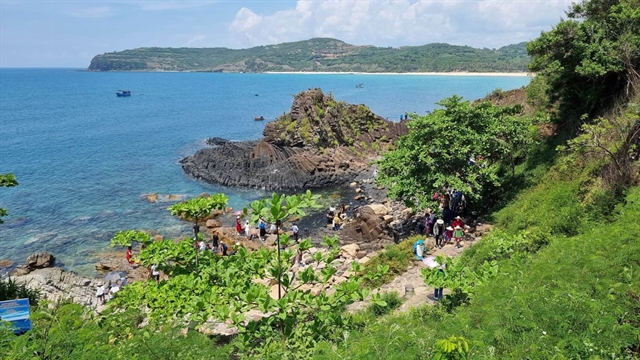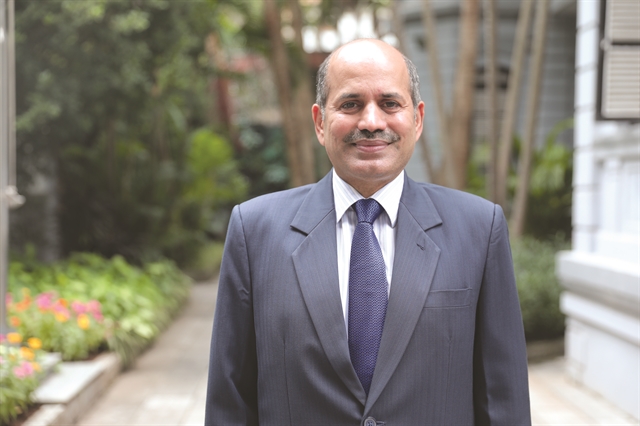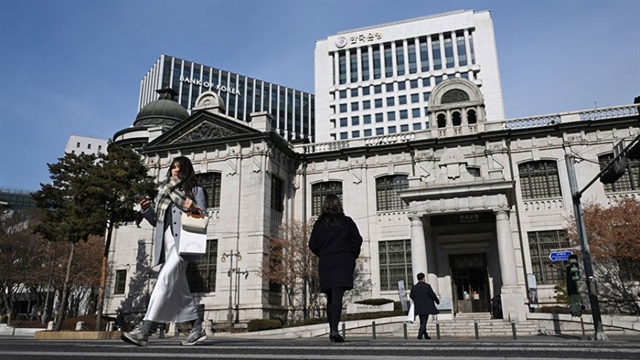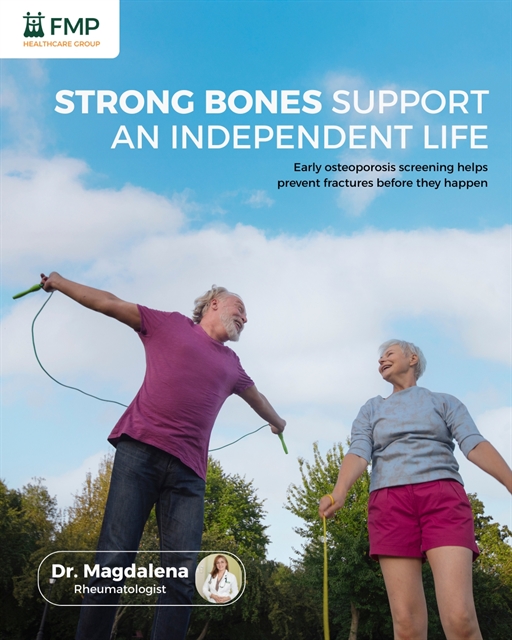 Politics & Law
Politics & Law

 |
| Indian Ambassador Sandeep Arya. VNS Photo Minh Phương |
What do you think about the significance of the August Revolution in Việt Nam in 1945?
1940s was a time of great churning in Asia. In India also the freedom movement was on.
President Hồ Chí Minh was leading the struggle for independence and freedom in Việt Nam. And the leaders of freedom struggles in India, Việt Nam, etc. were in touch. In fact, it is very impressive to see the depth of knowledge of President Hồ Chí Minh about developments which were taking place in freedom movements in India and other countries. And it is striking to see links within streams in the national freedom struggle that were affecting each other.
The developments in Việt Nam, the August Revolution representing people’s voice for freedom and independence was being followed by the leaders around the world. It was an active phase of engagement and communication between freedom movements in various countries.
India and Việt Nam were two prime examples of national movements in parallel, contacts between leaders, inspiration and references linking each other at that time.
What was the situation in India at that time?
India’s independence in August 1947 was preceded by Quit India Movement from 1942 at the time of the Second World War.
At the time of August 1945, there was exchange of inspiration among leadership, the freedom struggle between the countries and influences which people were drawing to deal with colonialism and achieve independence and freedom.
Let me add that the 80th anniversary of the August Revolution is a good occasion for countries like Việt Nam and India to appreciate the foundation which was laid for the friendship between the countries right from the time of the freedom struggle and the role it played for the enduring friendship and empathy for each other which developed, sustained over a period of time and has become stronger over time. And I think in the time of current uncertainties, it has become even more relevant to draw upon that solidarity and feeling of togetherness.
What do you think about the achievements that Vietnamese people have gained so far?
The last eight decades towards the 80th anniversary represent humongous achievements by Việt Nam. They pertain to different areas.
There is politico-security dimension – maintaining national independence, self-reliance, autonomy and peace in the region. That’s one big area of achievements.
The second set of achievements are in the economic domain. Việt Nam’s economic achievements are very well known in terms of economic growth, industrial development, infrastructure, welfare and facilities for the people, etc. These have been huge.
The third important area of achievements is Việt Nam’s position and standing in the world. During the 1940s, the global order was very different soon after the Second World War. Today, Việt Nam’s position and standing is very well established, which is very creditable.
The fourth area of progress is, in terms of national identity, culture, aspiration and confidence among the people.
Those are four broad areas of achievements which I think are a matter of a lot of satisfaction for Việt Nam. Việt Nam’s leadership has given a call for a new era of rise, development and prosperity for the country. In fact, I see a kind of parallel in terms of Việt Nam’s Vision 2045 and our aim of Developed India @ 2047. I really hope that the Comprehensive Strategic Partnership between India and Việt Nam can contribute, nurture and nourish this path over the next two decades of the Vision 2045 for Việt Nam and India’s goal for 2047. VNS




